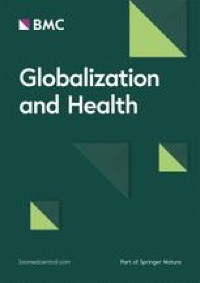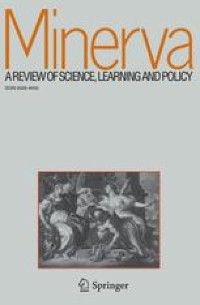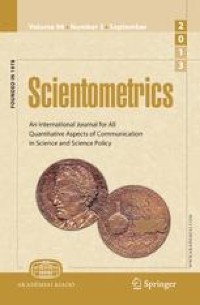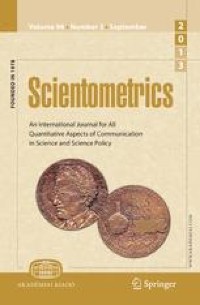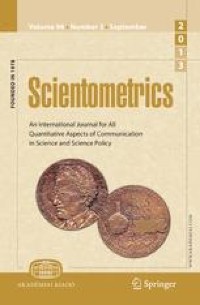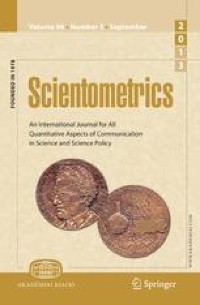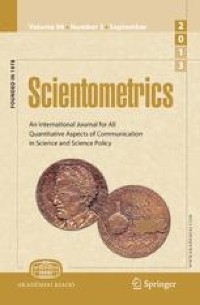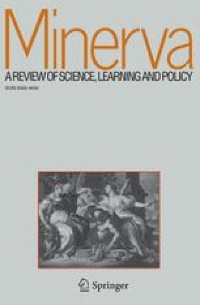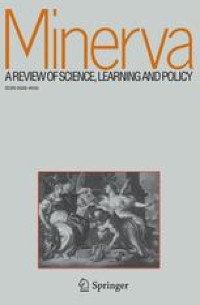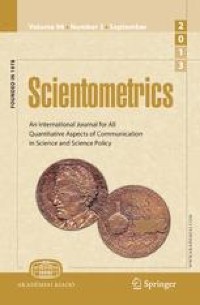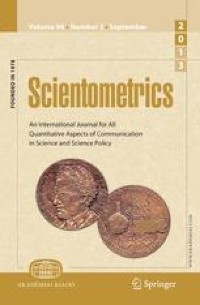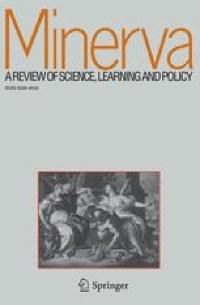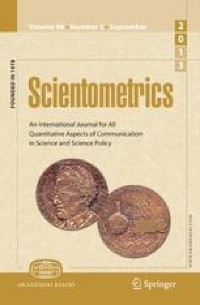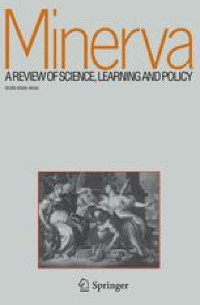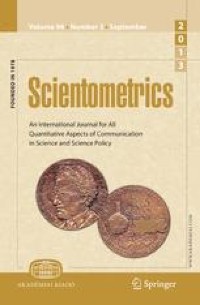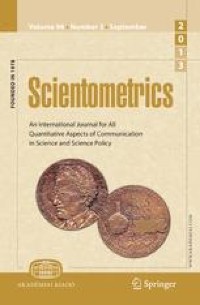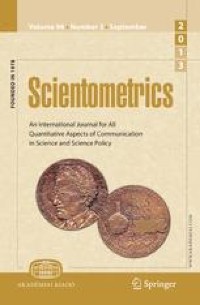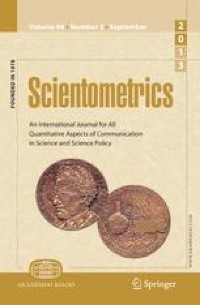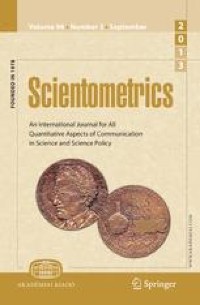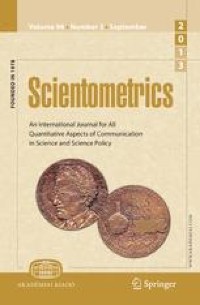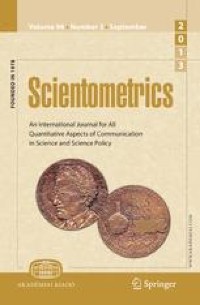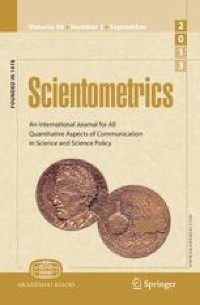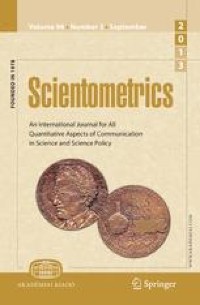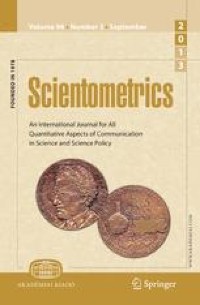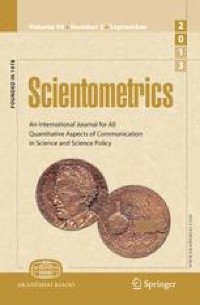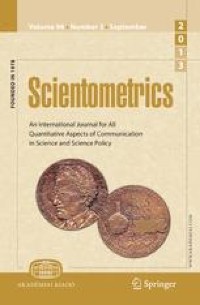In over five years, Bornmann, Stefaner, de Moya Anegon, and Mutz (2014b) and Bornmann, Stefaner, de Moya Anegón, and Mutz (2014c, 2015) have published several releases of the www.excellencemapping.net tool revealing (clusters of) excellent institutions worldwide based on citation data. With the new release, a completely revised tool has been published. It is not only based on citation data (bibliometrics), but also Mendeley data (altmetrics). Thus, the institutional impact measurement of the tool has been expanded by focusing on additional status groups besides researchers such as students and librarians. Furthermore, the visualization of the data has been completely updated by improving the operability for the user and including new features such as institutional profile pages. In this paper, we describe the datasets for the current excellencemapping.net tool and the indicators applied. Furthermore, the underlying statistics for the tool and the use of the web application are explained.
